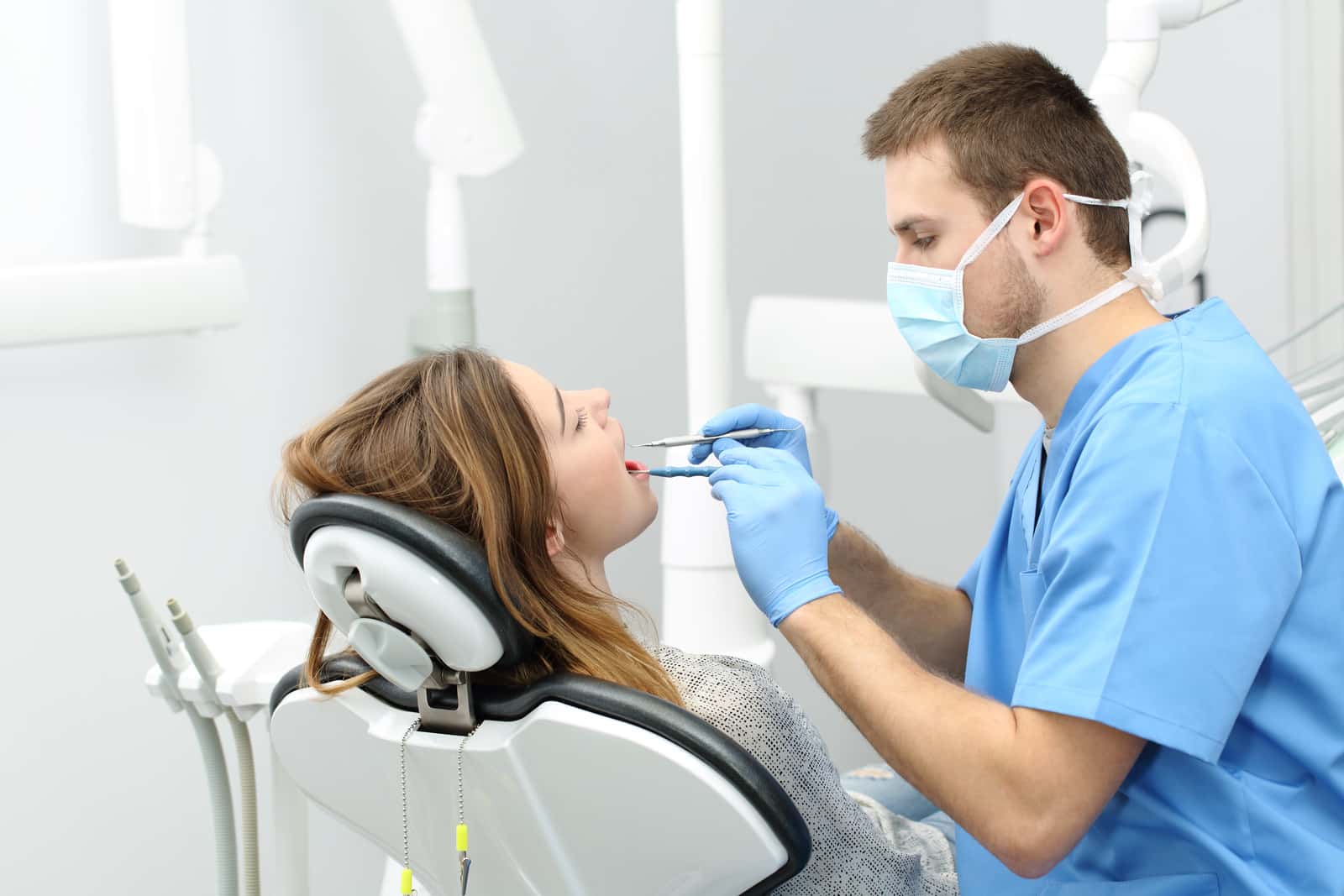
In the evolving landscape of dental care, patients are increasingly seeking alternatives to traditional practices. One such alternative gaining traction is biological dentistry, also known as holistic or integrative dentistry. While both biological dentist in San Juan Capistrano and regular dentists aim to maintain and improve oral health, their approaches and philosophies differ significantly. Understanding these differences can help you make an informed decision about your dental care.
In this blog, we’ll delve into the key distinctions between biological dentists and regular dentists.
Philosophical Approach
Holistic Health vs. Oral Health Focus
Biological Dentists: The cornerstone of biological dentistry is the holistic approach, which views the mouth as an integral part of the entire body. So, biological dentists generally consider how oral health impacts overall well-being and vice versa. They incorporate factors like nutrition, lifestyle, and systemic health conditions into their diagnosis and treatment plans.
Regular Dentists: Traditional dentistry primarily focuses on diagnosing and treating issues within the oral cavity. While regular dentists recognize the importance of good oral hygiene and its impact on overall health, their primary concern is treating dental problems such as cavities, gum disease, and tooth decay.
Use of Materials
Biocompatibility vs. Traditional Materials
Biological Dentists: A key principle of biological dentistry is the use of biocompatible materials that are safe and non-toxic. In fact, biological dentists avoid materials that could potentially cause adverse reactions or systemic health issues. For example, they often use ceramic or composite resins instead of mercury amalgam for fillings.
Regular Dentists: Traditional dental practices commonly use a variety of materials, including metals and amalgams, that have been standard in the industry for decades. While these materials are effective and durable, concerns about their potential toxicity (particularly with mercury amalgam fillings) are less of a focus.
Treatment Methods
Minimally Invasive vs. Conventional Procedures
Biological Dentists: Biological dentists prioritize minimally invasive treatments that preserve as much of the natural tooth structure as possible. They utilize techniques like ozone therapy to disinfect and promote healing without the need for more aggressive interventions.
Regular Dentists: Traditional dentistry may involve more invasive procedures when necessary, such as root canals, extractions, and extensive drilling. These methods are effective but can sometimes compromise more of the natural tooth structure.
Integration of Alternative Therapies
Complementary Approaches vs. Standard Dental Care
Biological Dentists: Integrative practices often incorporate alternative therapies such as acupuncture, homeopathy, and herbal medicine as part of the treatment plan. These therapies aim to support overall health and complement dental treatments.
Regular Dentists: Traditional dental care typically does not include alternative therapies. The focus remains on conventional dental treatments and practices that have been the standard of care for years.
Preventive Care and Patient Education
Comprehensive Wellness vs. Oral Hygiene Focus
Biological Dentists: Prevention is a significant focus in biological dentistry. In fact, patients receive guidance on diet, lifestyle changes, and supplements to support oral and overall health. Biological dentists spend time educating patients about the systemic links between oral health and other health conditions.
Regular Dentists: Preventive care in traditional dentistry primarily revolves around maintaining good oral hygiene, regular cleanings, and check-ups to prevent common dental issues like cavities and gum disease. While education is provided, it usually centers on oral hygiene practices.
Personalized Care
Individualized Treatment Plans vs. General Protocols
Biological Dentists: Biological dentists offer a highly personalized approach to care, considering each patient’s unique health profile, allergies, sensitivities, and preferences. In most cases, treatment plans are customized to fit the individual’s overall health needs and goals.
Regular Dentists: While traditional dentists also provide personalized care, their treatment plans adhere more closely to standardized protocols based on best practices in dentistry. So, customization is generally focused on the specifics of dental issues rather than broader health considerations.
Conclusion
Both biological and regular dentists share the common goal of promoting oral health, but they differ significantly in their approaches and philosophies. If you are concerned about the broader implications of dental treatments on your overall health, then biological dentistry might be the right choice for you.
